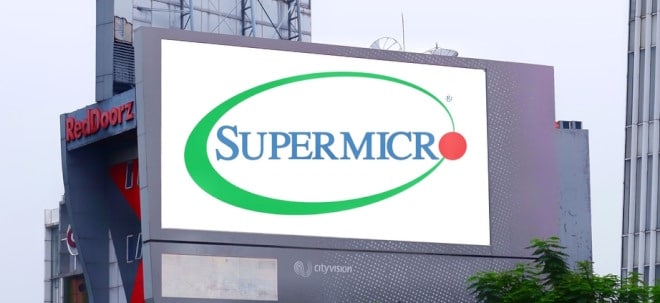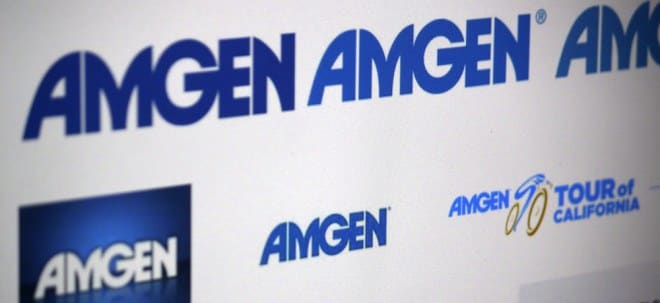Markets News Afternoon: Noonan says deposits flow from Bank of Ireland and AIB down sharply since stress tests announcement
By Finfacts Team
Apr 6, 2011 - 4:07 PM
§Email this article
Printer friendly page
Michael Noonan, Irish Minister for Finance (left) and Jean-Claude Trichet, President of the European Central Bank, in an apparent posture of friendship, prior to the meeting of the Eurogroup of Eurozone finance ministers, Brussels, March 14, 2011.
Irish Banks: Minister for Finance Michael Noonan T.D. said today that the total amount of deposits withdrawn from the pillar banks, Bank of Ireland and AIB, has been very significantly reduced. Since Thursday’s bank stress announcements, the net deposit position of these banks has improved significantly.
In a statement, he said everything stagnates as we have seen without credit supply. "The scale of the drop in activity has been noted in the recent Home Bond announcement that only 87 new homes were registered last month," the Minister said.
Noonan said the Central Bank has estimated that SME and mortgage credit of €11 to €16.5bn of gross new lending will be required in total over the next three years. The Government's bank restructuring plan creates capacity for the main banks to lend in excess of €30bn over the same three year period.
Over the period to 2013, to resize their balance sheets and achieve acceptable loan to deposit ratios, the banks need to deliver their balance sheets by in excess of €55bn of loans.
Each year, on average, €10bn of existing loans get repaid in the banks' core businesses - - that is more than €30bn over three years.
The Minister said if the banks restrict new lending in their core banks, achieving the plan could have required an identification of just €25bn or more of additional non-core assets to be sold off or run-off.
New lending would be zero but the banks would deliver to the desired size and could commence new lending in 2014.
Statement
Also today, Matthew Elderfield, Head of Financial Regulation, said at a Thomson Reuters News event in London that the Government has taken a clear decision that action will not be taken against the senior bondholders of the four remaining domestic bank institutions.
Anglo Irish Bank and Irish Nationwide, which are being wound down, were being viewed differently.
"Anglo and INBS (Irish Nationwide Building Society) possibly something will happen in the future but for the principle four banks going forward the government's position is quite clear," Elderfield said.
He said any move to impose losses on their senior bondholders would be subject to consultation with the ECB.
"I do not think the Irish government would want to take action on its own," he said.
There is about €4bn of such debt involved.
Costs of obesity:
Euro: Bank of Ireland said today that the euro had a strong first quarter, appreciating against all the major currencies and effectively reversing the fall seen over the final three months of last year. From an Irish perspective, the most significant moves were against the US dollar and sterling; the single currency has rallied from under $1.30 to over $1.42 against the former and from 83 pence to 88 pence against the latter, according to Bank of Ireland’s latest Bulletin which was published today, 6 April 2011.
Author of the Bulletin, Dr. Dan McLaughlin, Group chief economist, Bank of Ireland said:“The euro’s decline in late 2010 was attributed to investor concerns about the risks of default on sovereign and bank debt within the euro area, and those concerns are still evident; 10-year yields on Greek debt are still over 12%, the Irish equivalent has moved to around 9.5% and the market is now focussed on Portugal, with yields now above 8%. The EU has agreed to boost the spending power of the main existing support mechanism, the EFSF, but the additional funding required is not yet forthcoming, and is unlikely to be sorted until mid-year, so there are still some issues to be resolved.
“Yet the euro has risen despite these headwinds, and that appreciation is due to two factors. The first is the interest rate outlook – the ECB has signalled that it is likely to raise rates soon, probably this month, and the market is now expecting a series of rate increases over the next year. In contrast, the market does not expect the US to raise interest rates until March 2012, and this expectation is very supportive of the euro; an investor buying a 2-year German bond receives 1.8% per annum, against just 0.8% in the US. Similarly, the interest rate differential relative to sterling is also positive, at 0.5%. Secondly, market positioning has switched sharply in recent months – traders sold the euro aggressively till mid-January, but have now built up substantial long positions in the euro and have sold dollars, and this has also supported the single currency.
“The implication is that a rally in the dollar against the euro is unlikely unless US interest rate expectations change, and these in turn are most likely to be affected by the trend in US employment – the pick-up in the pace of job creation may well prompt the market to bring forward the expected timing of a US rate rise. We suspect this will indeed occur, and as such expect a near-term pull-back for the euro/dollar rate,” concluded McLaughlin.
Telcos: Telefónica O2 Ireland and Eircom Group today announced a 'major' new strategic partnership to create the first comprehensive mobile network sharing arrangement in Ireland.
The agreement aims to provide the 'best mobile network infrastructure in the country.' This collaboration will result in an 'unrivalled' mobile experience for customers. With growing demand for higher bandwidth services across Ireland, the partnership will facilitate the introduction of new technologies to provide customers with wider and faster broadband speeds. It is also fully aligned with the Government’s objective to provide next generation broadband to homes and businesses in Ireland.
While O2 and Eircom will work closely together, there is no transfer of assets and spectrum will not be shared under the new arrangement. All mobile operations supported by O2 (O2 and Tesco Mobile) and Eircom Group (Meteor and eMobile) will continue to compete with each other, ensuring that customer choice in the market is maintained.
Speaking on behalf of Eircom Group, CEO Paul Donovan said, “It is imperative that our industry continues to invest in both fixed and mobile platforms to underpin Ireland’s national recovery. The current economic realities require all operators to think creatively on how to operate more efficiently. This new collaboration between two of the largest operators in the Irish market demonstrates how working together we can deliver tangible benefits for customers. ”
Stephen Shurrock, CEO of Telefónica O2 Ireland, said,“We continue to see strong demand from consumers and businesses alike for higher bandwidth services, as mobile data usage grows. Today’s announcement will enable us to not only deliver new and enhanced services, including faster broadband speeds, but also to do it in a much more efficient way, providing the best mobile infrastructure for the customer and the economy alike. There is a strong strategic requirement for greater collaboration and focus in the area of investment in helping to accelerate the introduction of new technologies and O2 is delighted to be at the forefront of this development”.
Network sharing initiatives are becoming the norm rather than the exception globally (with initiatives already implemented in a number of countries including the UK, Spain, France and the Czech Republic) facilitating investment in new technology and service enhancements; and meeting growing demand for higher bandwidth services. |


 Thread abonnieren
Thread abonnieren



